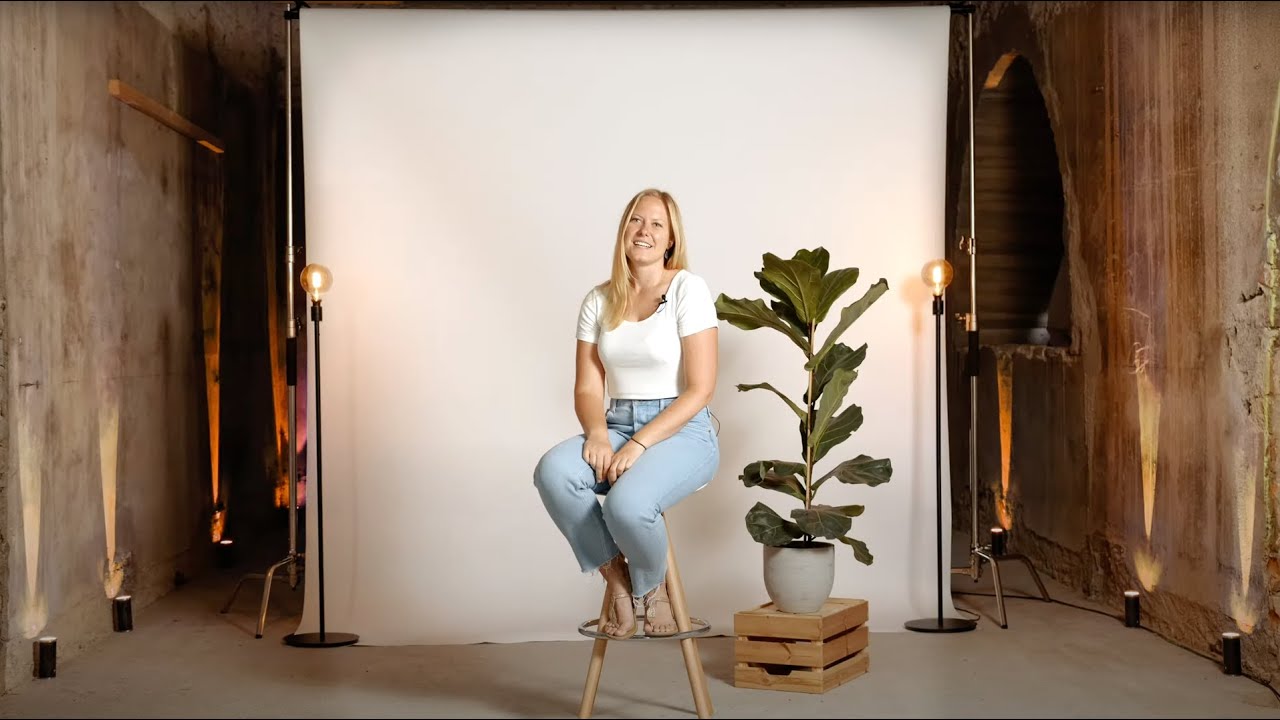They are called neighborhood areas, cooperation areas, integration areas, large or entire communities. For Catholics, they are large parishes, pastoral areas and pastoral care areas. All of these terms have one thing in common: the attempt to deal with the dwindling resources of the church and communities.
Digitalization – an opportunity for parishes
Ongoing change and decreasing financial resources require parishes to rethink and reorient their structures. Neighborhood areas that include several parishes and seek close cooperation with civil society offer new opportunities here. Digital tools such as a dedicated app can play a key role here, as they allow you to continue to be close to people and this requires more resources.

Digitize collaboration spaces with your own app
The Communi apps are very well suited to the associations. An app can be created at a local level and allows you to be close to the people. The content on the digital bulletin board comes from the people on site and information from higher levels also flows in.
It's a bit like having a church building in every town, the program is determined by the local people, but designed in the larger community. The specific functions - from event organization to groups to bulletin boards - are ideal for the needs of neighborhood spaces. They enable easy networking and encourage greater participation by community members. Data protection is a top priority: All data is stored on German servers in accordance with GDPR.
Tailored to the needs
Customers of the Communi apps report improved and more efficient parish work. For example, the “Shared Groups” feature enables seamless collaboration between different parishes, which is particularly useful in large parishes.
Christoph Schmitter, pastor, talks about his experiences with Communi:
"Our Communi app connects people by making access to our community much easier. With just a few clicks, the newcomer is right in the middle of the church. It doesn't matter where on the globe you are. The whole church is always in your pocket. It deliberately promotes horizontal networking among people. Anyone can publish appointments, set up groups, accept or decline offers, or find moving helpers. This suits a church that wants to be a living organism rather than an institution. With the Communi app, we value asynchronous community as a real community. You can pray for one another at different times or read a Bible text together. Yesterday I "saw" someone there and wrote him a few lines who I haven't seen in a service for a long time. Read more here….„
Christoph Schmitter
Effective working in collaborative spaces
Creating collaborative spaces without winners and losers is crucial. Apps can help ensure that all communities experience change and that full-time local staff take on tasks for everyone.
In collaborative spaces, not everyone has to do everything. Different focal points in different locations relieve the burden on communities and create capacity for new ideas. Communi apps support this diversity and provide a platform to reach people with different needs.
Conclusion
Custom apps are becoming an integral part for churches that want to enliven their neighborhood spaces and manage them efficiently.
You can test Communi for free: communiapp.de/testapp There is the possibility to test the app with all functions free of charge for 30 days. There is also a 365-day money-back guarantee available until August 31, 2024.




